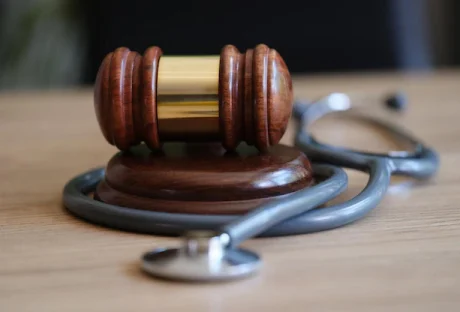With exponentially growing medical malpractice cases, the time has come to take a serious view of the issue and take adequate steps to curb the problem.
A series of complicated statutes govern the medical malpractice cases in Tampa and are referred to as the Florida Medical Malpractice Act.
It comes under the ambit of Florida Statutes section 766. This statute has undergone several changes and edits over the years with changing times, and it is most favorable to hospitals and medical or health care providers.
The law is not very favorable towards malpractice victims. It takes highly experienced, expert, and skilled Miami medical malpractice attorneys to win a medical malpractice case.
How to File a Medical Malpractice Lawsuit?
The medical malpractice law also comes with a statute of limitations of two years. It means that the case needs to be filed within two years of the incident to be admissible in court.
If the petition gets filed within the original limitation statute expiry, it can be extended to three months. Medical malpractice cases are usually very complex and need a lot of preparation to build a solid case.
The lawyer and the victim have to put in a lot of time, effort, and energy into collecting and gathering relevant medical reports. Once collected, these reports are closely scrutinized and analyzed to see if it has merit.
An expert witness who also reviews the records then prepares an affidavit attesting to the fact that the victim was subjected to harm and medical negligence by the health care provider. Once the affidavit is submitted in court, the malpractice case starts.
How can a Miami Medical Malpractice Attorney help you?
The task of the Miami Medical Malpractice attorney is to check the complicated regulations and laws that must be met before a medical malpractice case is filed in Miami.
It is imperative to note here that as per Miami’s medical malpractice laws, there is a mandatory pre-suit screening period wherein a set of oral and written questions is involved in the mandatory 90-day period before filing the lawsuit.
As soon as the victim or next of kin realizes having a medical malpractice case, they must immediately look for a qualified, experienced, expert, and skilled medical malpractice attorney who can handle their case and file in court.
Some facts about such cases are an eye-opener about growing problems in the medical field. As per the latest studies, as many as 440,000 people get killed every year due to medical errors that could have been prevented in the United States of America.
It is a staggering figure and shows the lacuna in the medical services. The figure shows deaths that could have been prevented if there would have been no careless medical errors.
The Bottom Line:
It is high time that authorities in position start taking cognizance of the fact and putting practices, procedures, and systems in place to help control and bring down this figure. Due to medical negligence, occupying the third position as the cause of death in America is removed. Strict and quick actions can do wonders with this problem and help patients get the best medical care.






















